Sub-Saharan Africa (SSA)
Overview
Projects

- Equatorial Guinea, Sub-Saharan Africa (SSA)
- May - June 2024
- AI and Statistics for the SDGs
DPA provided comprehensive support to Equatorial Guinea in developing their Second Voluntary National Review (VNR). Over a six-week sprint, DPA undertook multiple tasks including reviewing and adding information, conducting research, and creating presentations, to support the finalization of the VNR. Key contributions by DPA included:
(1) Document review and improvement through revision and suggestion of improvements for how the country presented its public policies and programs related to the SDGs;
(2) Budget alignment assessment and innovative use of LLMs, by conducting the first assessment of the alignment between the SDGs and the national budget. The team used large language models (LLMs) for budget classification of the SDGs, demonstrating that such technology can facilitate complex and systematic assessments;
(3) Presentation and preparation of content used by the Minister of Planning at the High-Level Political Forum (HLPF) in New York City;
(4) Data compilation and analysis of information related to more than 36 SDG indicators; and
(5) Design of the entire VNR document.

- Senegal, Sub-Saharan Africa (SSA)
- June 2023 - February 2025
- Resilient Livelihoods and Ecosystems
After being selected to participate in WFP Humanitarian Innovation Accelerator Programme (HIAP), DPA has developed a project aimed at improving anticipatory action and response to climate-induced disasters in Senegal using OPAL for Humanitarian Action (OPAL4HA) by:
- Integrating diverse data sources such as call detail records (CDRs), earth observation (EO) data, qualitative data (surveys and interviews), official statistics, and user data to provide a holistic view of the crisis;
- Developing and testing the data model focusing on predictive analytics and pre-processed indicators of human displacement induced by climate shocks;
- Creation of a user-friendly query interface powered by Generative AI for timely insights;
- Automatic report generation to swiftly share progress with stakeholders; and
- Continuous refinement based on community feedback and targeted outreach to affected communities.
The project was presented at the United Nations STI Forum in May 2024 in New York, alongside other initiatives supported by HIAP. More details about the event can be accessed here.

- Argentina, Europe, Kenya, Latin America and the Caribbean (LAC), Mexico, Philippines, Spain, Sub-Saharan Africa (SSA)
- April 2024 - September 2024
- Data Feminism, Geographies of Inequalities
Data-Pop Alliance (DPA), in collaboration with Open Data Watch (ODW), was tasked with creating a pioneering gender data framework for urban environments, commissioned by the City Hub and Network for Gender Equity (CHANGE). This framework was intended for implementation across CHANGE’s network cities, starting with Barcelona, Buenos Aires, Mexico City, Nairobi, and Quezon City as the initial participants. Capitalizing on DPA’s and ODW’s specialized knowledge in data analytics and gender-focused research, the project’s core objective was to provide a robust measurement of gender equity within varied city landscapes. The project’s deliverables included: A comprehensive blueprint outlining the essential requirements and stages for cities to prepare and deploy the framework; The framework itself, featuring specific dimensions and indicators that assessed both the processes and physical form of the cities concerning gender equity; and a specialized data collection tool, complete with training materials, to enable cities to gather and process all necessary data to effectively utilize the framework. This multi-faceted approach ensured that the participating cities were equipped with the knowledge, tools, and methods required to drive meaningful progress in the realm of urban gender equity.
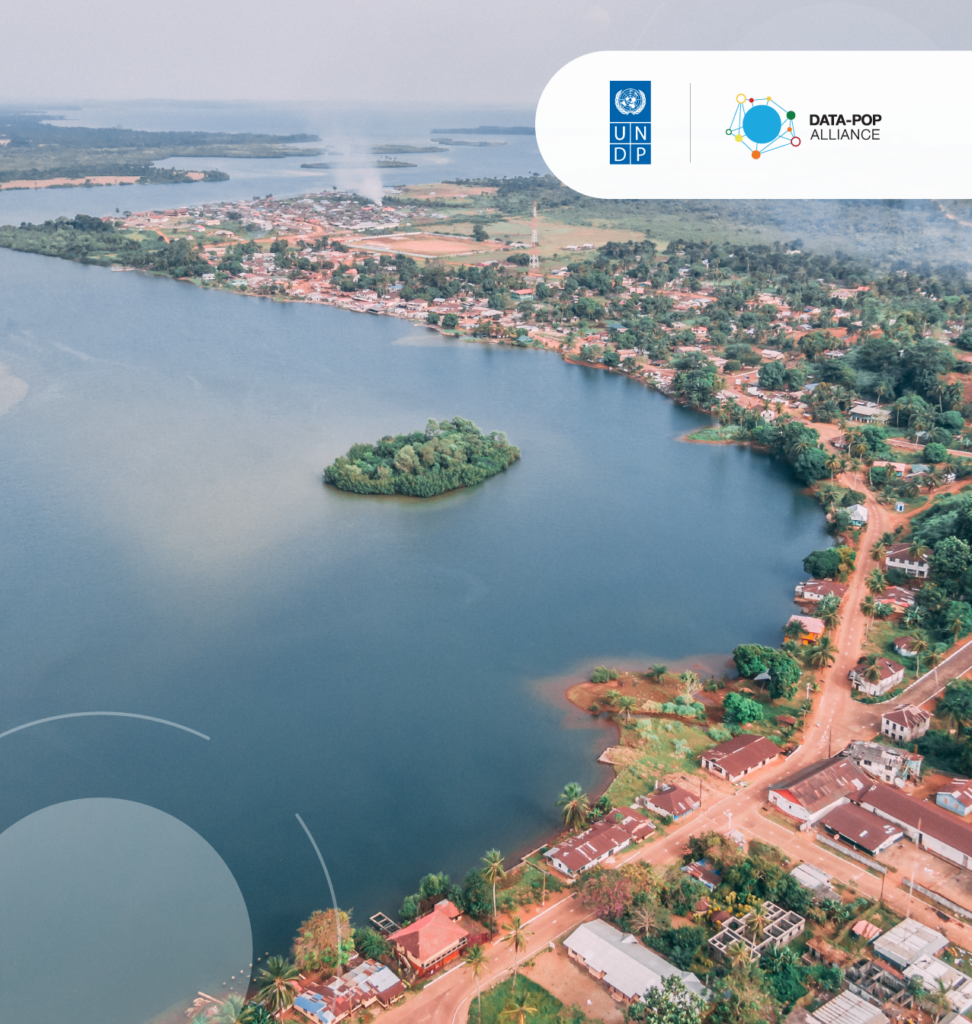
- Liberia, Sub-Saharan Africa (SSA)
- November 2023 - July 2024
- Resilient Livelihoods and Ecosystems
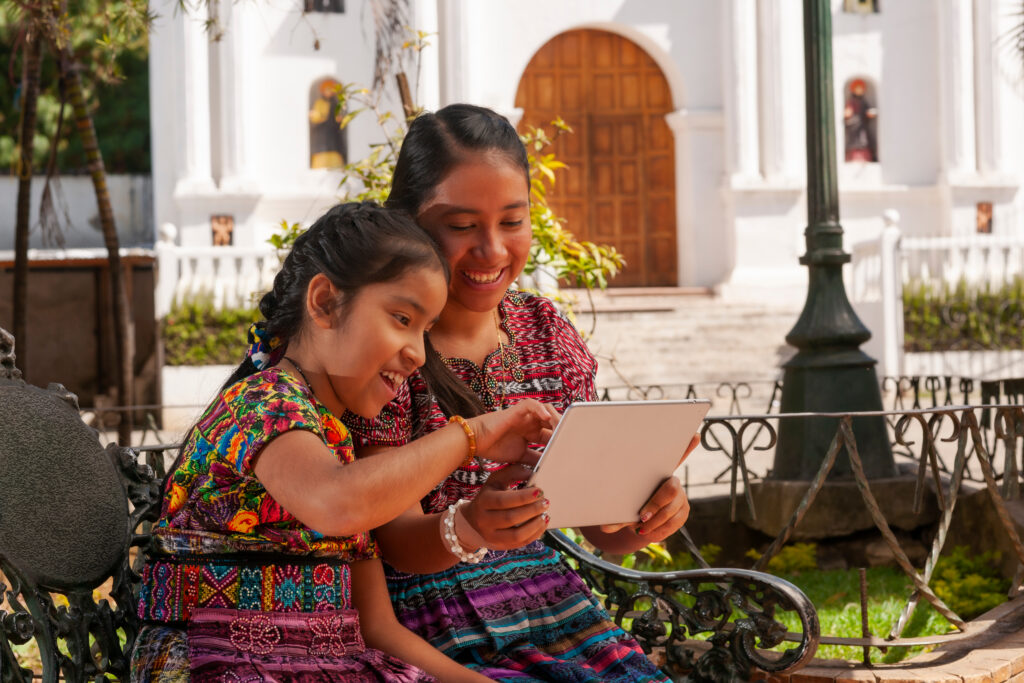
- Asia Pacific, Latin America and the Caribbean (LAC), Sub-Saharan Africa (SSA)
- October 2023 - May 2024
- Data Feminism
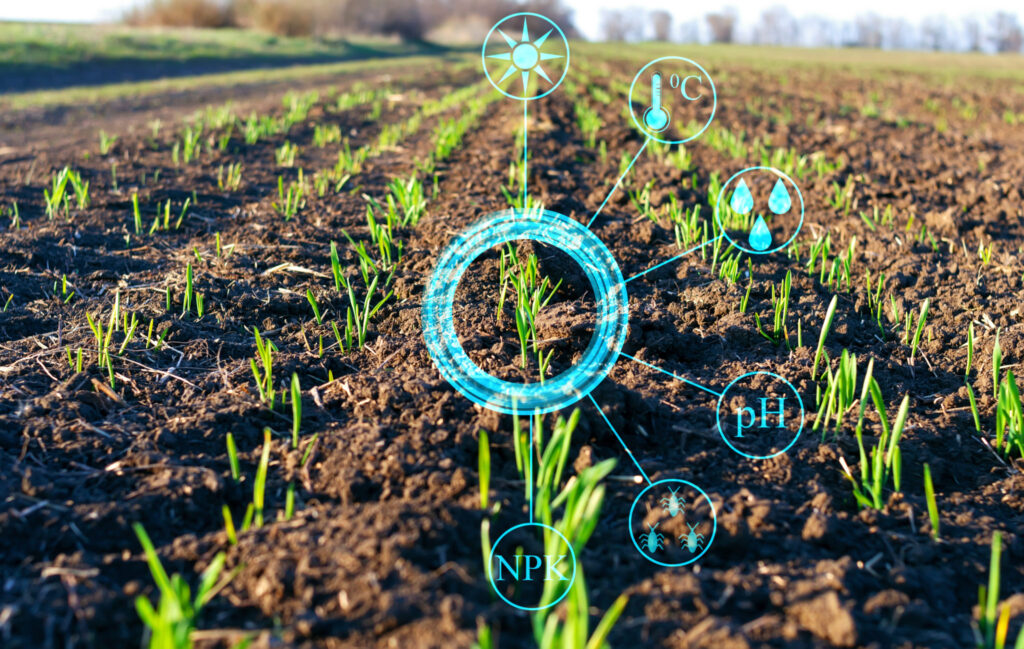
- Senegal, Sub-Saharan Africa (SSA)
- September 2023 - December 2025
- Resilient Livelihoods and Ecosystems
Climate change (interlinked with humanitarian crises and other economic and health factors) could have led to internal resettlements, international migration, and other (new) forms of human mobility. However, the empirical link between various climatic conditions and migration outcomes was highly contested, and, to date, no unified theoretical approach had adequately captured the complexity and contextual dependency of climate-induced migration. To address this gap, CLIMB sought to develop a holistic approach which would allow a better understanding of the mechanisms and pathways underlying the climate-migration nexus, and to predict temporal-spatial mobility patterns in Africa and beyond. Specifically, we investigated how climate change might intersect with conflicts, poverty, and epidemics, among other adversities, and how these forces might operate in tandem in driving human migration, with a special focus on Africa.
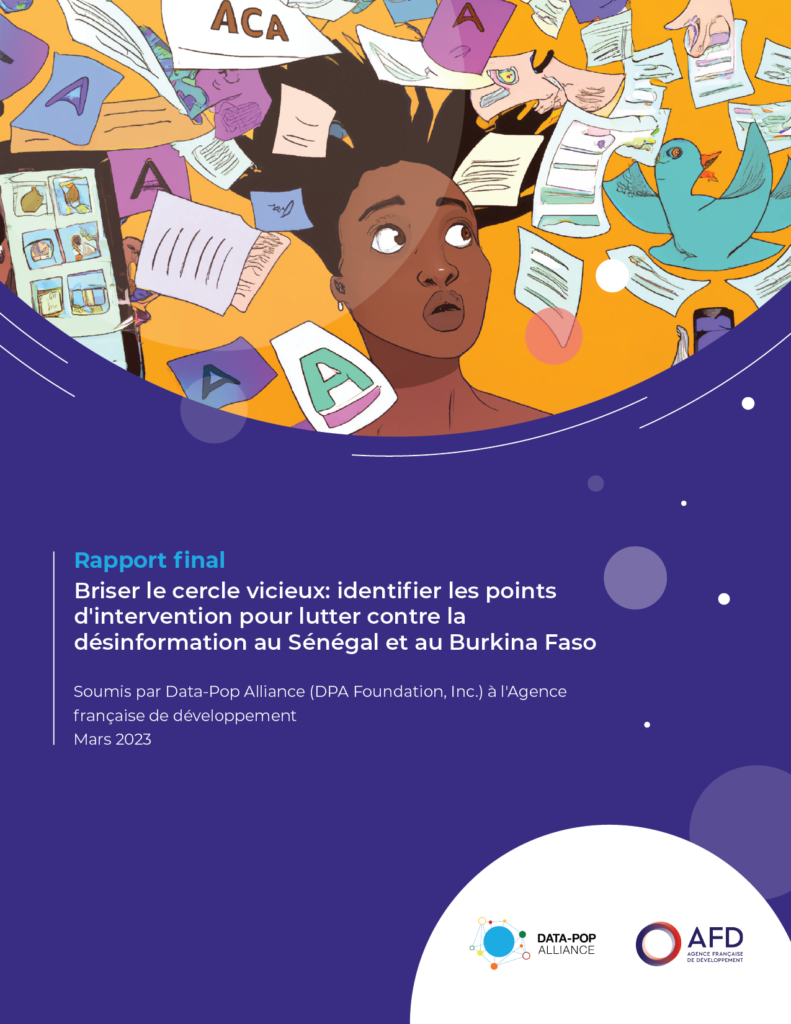
- Burkina Faso, Senegal, Sub-Saharan Africa (SSA)
- October 2022 - March 2023
- Technology and Democracy
DPA developed a comprehensive ecosystem approach to address the multifaceted nature of disinformation in two West African countries. Recognizing the need to examine disinformation beyond social media, our methodology considered the interconnected networks of online influencers, traditional media, and groups weaponizing (dis)information for socio-political purposes. We also investigated the underlying economic, political, and social motivations driving the weaponization of disinformation by powerful groups or individuals, and allowing false or inaccurate narratives to be anchored in society. This approach enabled pinpointing the most effective intervention points within the (dis)information cycle in Senegal and Burkina Faso, providing valuable insights and recommendations, particularly concerning the role of bilateral aid agencies such as AFD.
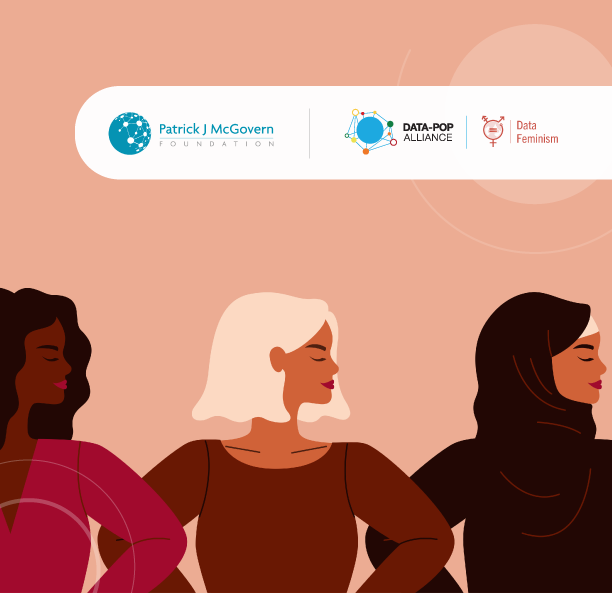
- Global, Latin America and the Caribbean (LAC), Middle East and North Africa (MENA), Sub-Saharan Africa (SSA)
- 2022 - 2024
- Data Feminism
The Patrick J. McGovern Foundation (PJMF) awarded DPA’s Data Feminism Program a twelve-month, $300,000 grant to support our work advancing intersectional, data-driven research, training and advocacy to continue fostering gender equality across Latin America and the Caribbean, the MENA region and Sub-Saharan Africa. In 2023, the grant was renewed for $400,000 to continue supporting existing and new Data Feminism Initiatives, including the Book and Movie Club, “Technology Through Feminist Lenses.”
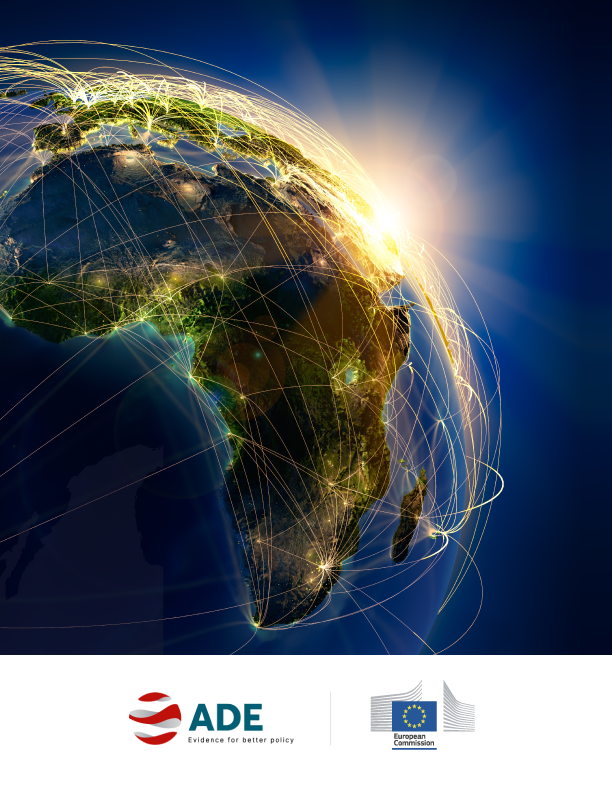
- African Union, Central African Republic, Eswatini, European Union, Ghana, Ivory Coast, Madagascar, Mali, Mozambique, Rwanda, Sierra Leone, Sub-Saharan Africa (SSA), Togo
- January - May 2020
- Just Digital Transformations
This study, produced in collaboration with ADE, assessed the European Union’s external cooperation for development (DEVCO, now INTPA) in the cross-cutting field of digitalization in Sub-Saharan Africa (SSA), with a view to issuing a series of lessons learned and recommendations to inform current and future cooperation work. In particular, this evaluation focuses on understanding and analyzing DEVCO’s investments and projects in the region, the extent to which these projects are strategically promoting the pillars, objectives and values of the EU frameworks, and to identify complementarities or lack thereof with other relevant national, regional, and international stakeholders.
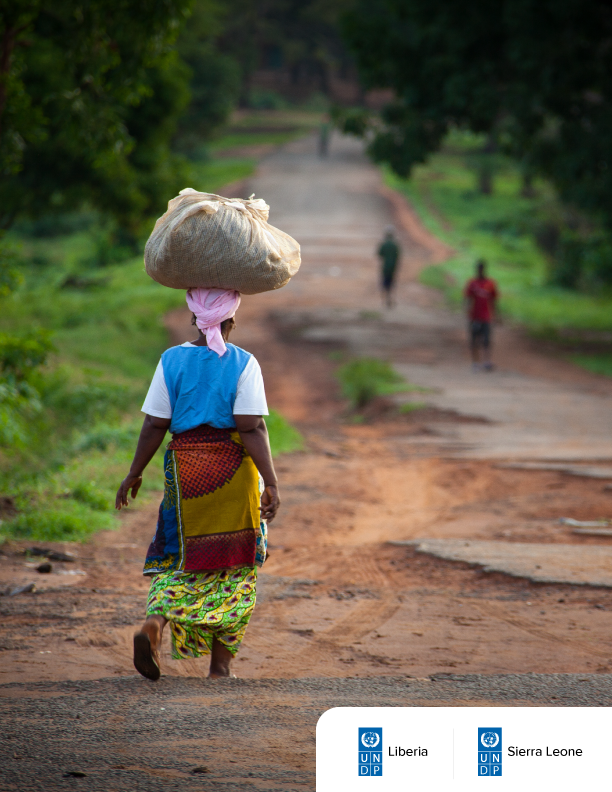
- Liberia, Sierra Leone, Sub-Saharan Africa (SSA)
- May 2022 - March 2023
- Resilient Livelihoods and Ecosystems
This study, supported by the UNDP’s Country Offices in Liberia and Sierra Leone, developed a deep understanding of the existing informal social protection mechanisms and community development needs in the borderlands of Sierra Leone and Liberia. DPA adopted an inductive ethnographic approach consisting of qualitative methods complemented with quantitative data collection to identify borderland community needs and trends, covariate shocks faced and coping mechanisms, as well as the inclusion and exclusion factors. The outputs and findings of the study informed government and UNDP programmatic interventions aimed at strengthening the resilience of these communities.
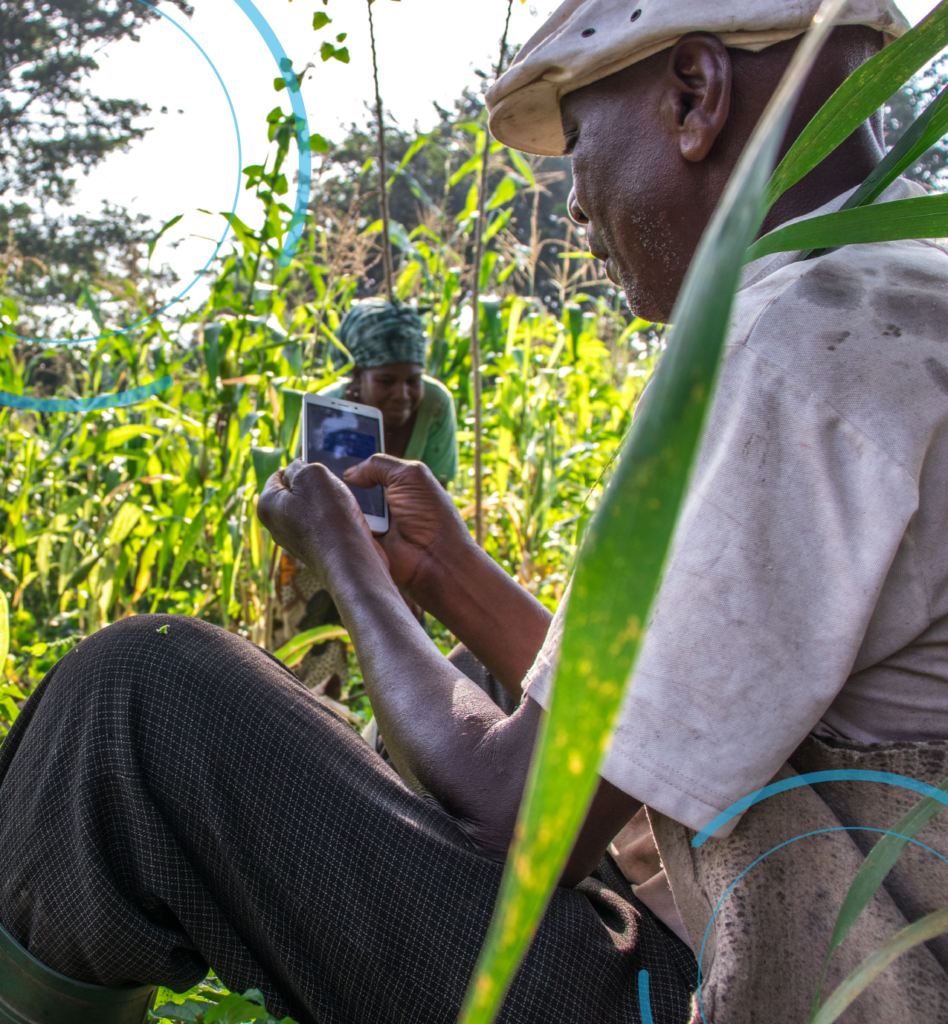
- Sub-Saharan Africa (SSA), Togo
- November 2018 - February 2019
- Just Digital Transformations
Data-Pop Alliance (DPA) provided technical assistance to the United Nations Development Programme (UNDP) Togo Country Office (CO) to support its efforts to leverage open and Big Data for the country’s development, including SDG monitoring and promotion. The proposed consultancy aimed to advance the state of knowledge, know-how, awareness, and capacities to harness the potential of Open Data and Big Data in Togo. The project was expected to contribute to the recognition of the importance of data, ensuring that access and analysis of personal data did not infringe on people’s privacy, safety, and agency.
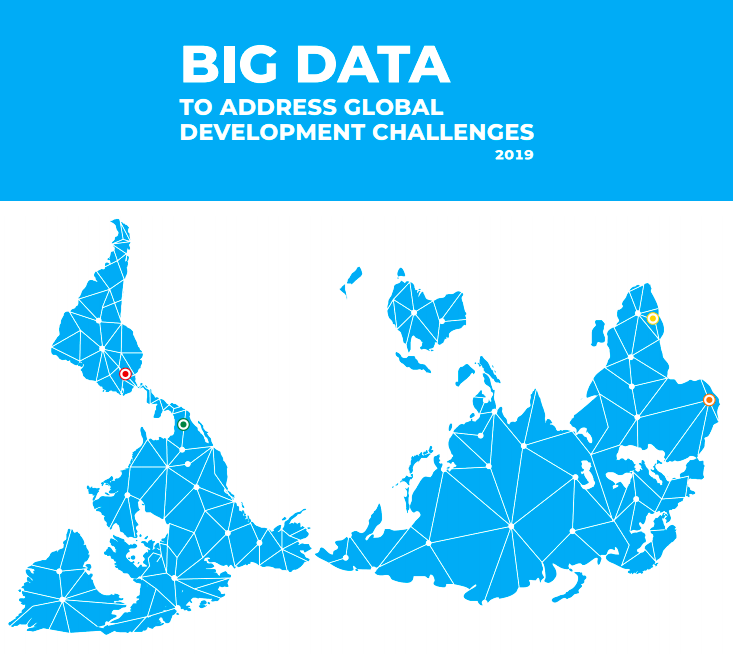
- Colombia, Latin America and the Caribbean (LAC), Mexico, Namibia, Senegal, Sub-Saharan Africa (SSA)
- 2016 - 2019
- Resilient Livelihoods and Ecosystems
Four research papers were developed in collaboration with and funded by the Agence Française de Développement (AFD) between 2016 and 2019 under a joint program with Data-Pop Alliance and research partners (Cloud to Street, Flowminder, Harvard Humanitarian Initiative, MIT Media Lab, Overseas Development Institute) titled “Strengthening the evidence-base for leveraging Big Data to address global development challenges”. This research program and papers were designed with the following objectives and criteria in mind: to focus on various development challenges in different local contexts to ensure relevance; to work with trusted partners to ensure academic quality; and to both reflect and promote key determinants of sustainable development, including smoother, fairer, and safer access to data and stronger links between analysts, local decision-makers, and communities. Individually, these papers outlined specific cases and examples of how computational analysis of behavioral data (combined with other datasets) can paint a finer-grained, more complex, and dynamic picture of human reality than ‘traditional’ data allows. Collectively, they sketched the contours of a world where public decisions, in the form of policies and programs, might someday be designed, implemented, and evaluated using the best available data and approaches.
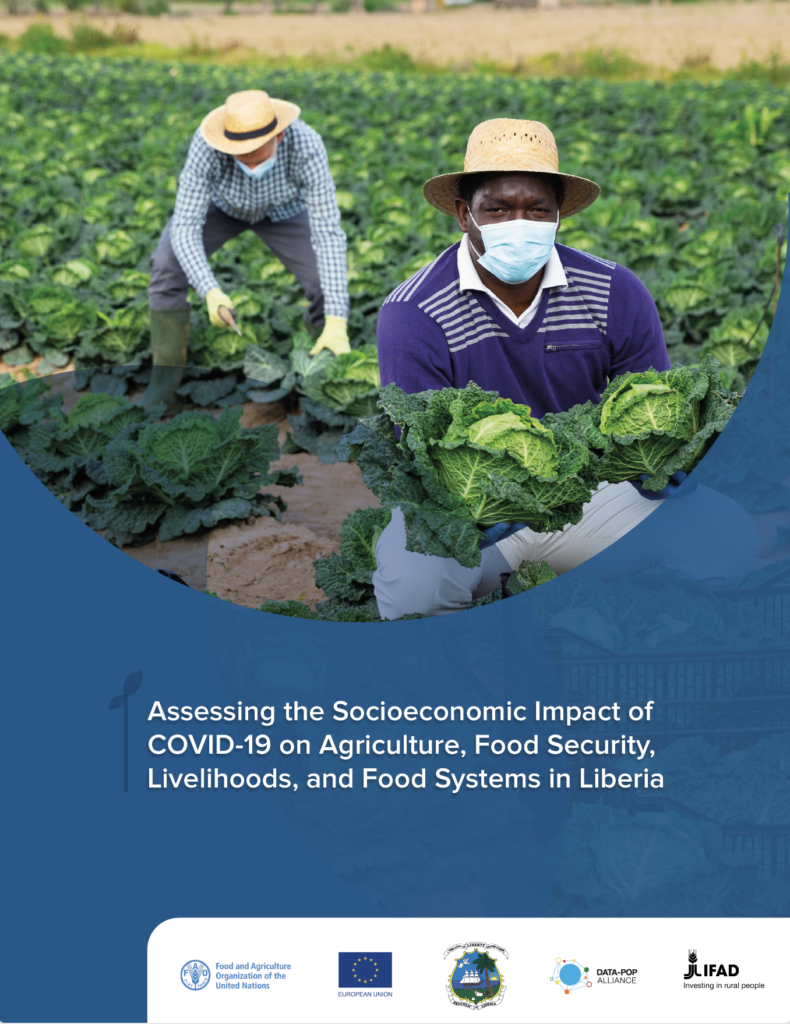
- Liberia, Sub-Saharan Africa (SSA)
- June - December 2021
- Resilient Livelihoods and Ecosystems
With the support of the Food and Agriculture Organization of the United Nations (FAO) Liberia and the European Union, and in collaboration with the Government of Liberia, DPA assessed the socioeconomic impact of COVID-19 on agriculture, food security, livelihoods, and food systems in the country. The report combined key insights from the literature with primary and secondary data source analysis (including the use of microsimulations, multiple regression analysis, and key informant interviews). DPA designed a specific methodological framework to analyze the COVID-19 impacts from a holistic perspective.
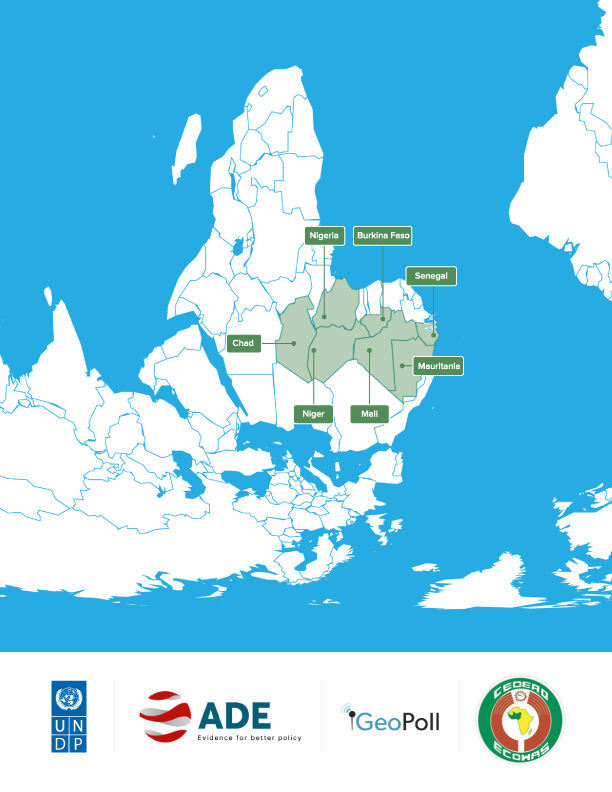
- Burkina Faso, Chad, Mali, Mauritania, Niger, Nigeria, Senegal, Sub-Saharan Africa (SSA)
- December 2020 - December 2021
- Resilient Livelihoods and Ecosystems
In partnership with the UNDP Regional Office and the Economic Community of West African States (ECOWAS), DPA and ADE conducted assessments of the socioeconomic impacts of COVID-19 and the role of disaster risk governance (DRG) in seven countries of the Western Sahel and Lake Chad Basin (Burkina Faso, Chad, Niger, Nigeria, Mali, Mauritania, and Senegal). The study analyzed the impacts of the pandemic on macroeconomic health, human development, political governance, peace, and social cohesion, as well as the role of DRG institutions at the regional and national levels. The assessment utilized mixed methods with qualitative and quantitative data collection to produce seven country-level analyses, a regional comparative study, and a policy brief.
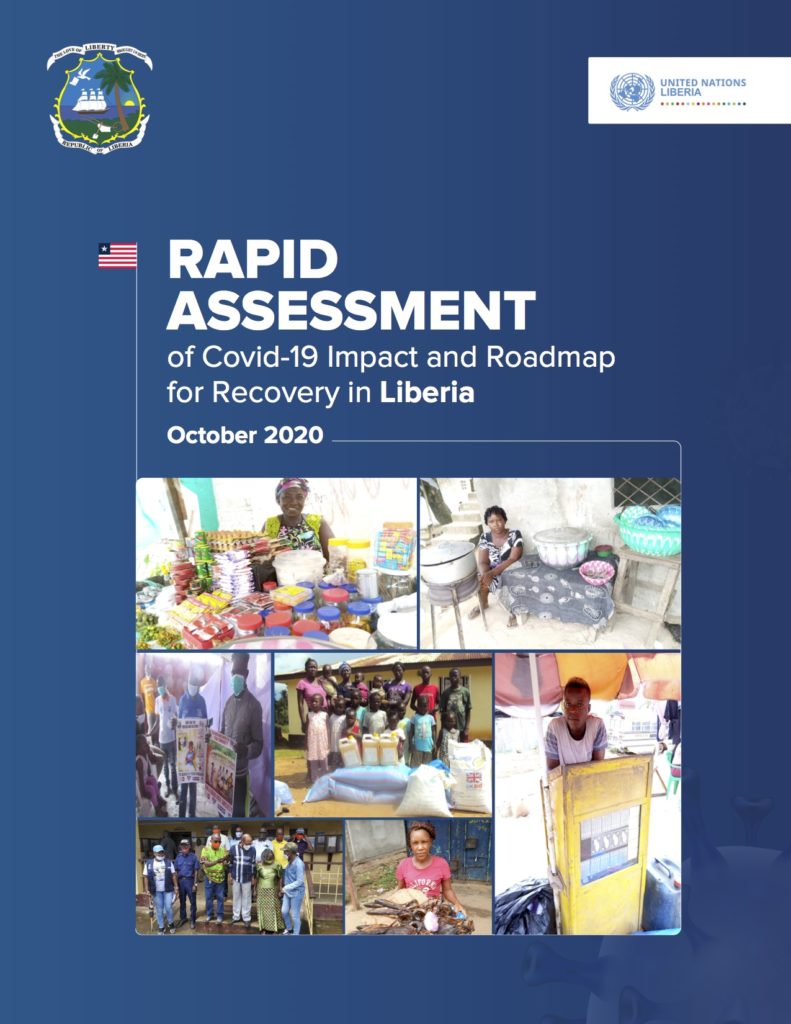
- Liberia, Sub-Saharan Africa (SSA)
- June - October 2020
- Resilient Livelihoods and Ecosystems
In partnership with the United Nations Development Programme (UNDP) and ADE, the objective of this project was to conduct a rapid assessment of the socioeconomic impacts of the COVID-19 pandemic (and its mitigation measures) in Liberia. The study was produced as part of a project analyzing the implications of COVID-19 on pre-existing macro and micro-economic, human development, and governance vulnerabilities. Based on the findings of the rapid assessment and in partnership with the UN Country Team in Liberia, a set of recommendations was developed to chart the roadmap for the short and long-term recovery process to build back better, leaving no one behind. This rapid assessment study aimed to provide the necessary evidence and inputs to inform and guide the relevant COVID-19 interventions and response efforts of the UN agencies, the Government, and other development partners.
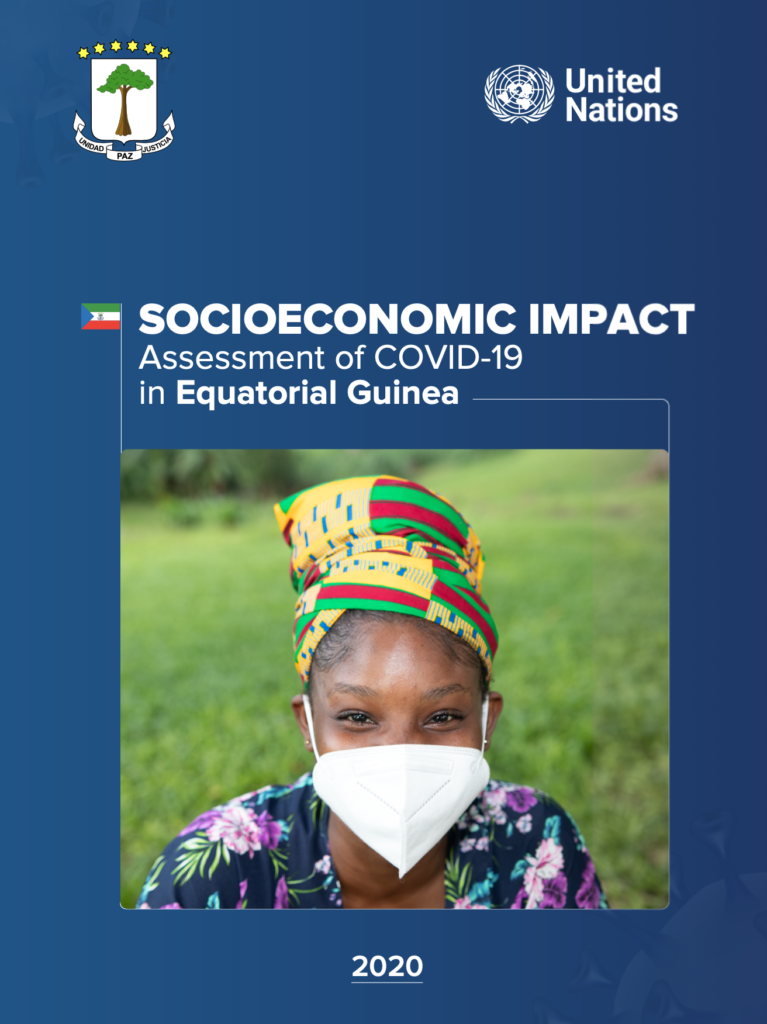
- Equatorial Guinea, Sub-Saharan Africa (SSA)
- May - October 2020
- Resilient Livelihoods and Ecosystems
In partnership with the United Nations Development Program (UNDP), ADE, and following the formal request of the Ministry of Foreign Affairs, this project aimed to evaluate the initial effects of the COVID-19 pandemic on the country. Through rapid macroeconomic and fiscal analysis, sectoral analysis (agriculture, tourism, ICT, education, and health), and analysis of socioeconomic vulnerability and expected impacts of the crisis on the Sustainable Development Goals (SDGs), DPA produced a report with key recommendations to help the country recover and reduce vulnerability (applicable to subregions). DPA’s work focused on understanding the effects of COVID-19 and coordinating a response based on five pillars:
(1) Putting health first;
(2) Protecting people through social protection and basic services;
3) Promoting social cohesion and community resilience;
4) Supporting the macroeconomic response, and
5) Fostering multilateral collaboration.
All of this was done with the objective of advancing towards the SDGs, with the premise of leaving no one behind.

- Sub-Saharan Africa (SSA), Togo
- May - November 2020
- Resilient Livelihoods and Ecosystems
In order to identify the impacts of the COVID-19 pandemic in Togo, in partnership with the United Nations Development Programme (UNDP) and ADE, Data-Pop Alliance offered a synthetic analysis of the main impacts of the crisis in the country with a focus on the sector’s development priorities before the pandemic, using the most recent analyzes, studies and more recent data. The aim was to examine both quantitative and qualitative data available from the country; focusing on economy (SMEs and informal sector), social protection, basic services, food security; all with a transversal gender perspective. Particularly, the project’s report examined the situation before COVID-19 and identified its main effects and impacts; examined the content and conclusions of studies carried out on the impact of COVID-19, and raised the limits and/or potential deviations; analyzed how the limits in classical data can be complemented by data from alternative sources.
To read the report, click the button below (Available in French)
DownloadThe second part of this project focused specifically on conducting a mobility analysis during the COVID-19 pandemic in Togo. During this crisis, the Togolese government decided to introduce mobility restriction measures to prevent the spread of the virus. The resulting analysis used innovative data sources to characterize the changes in mobility patterns that followed the introduction of these measures. In this case, mobility data from Google and Facebook was used to measure changes during and after the implementation of mobility restrictions between February 15 and August 9, 2020, in each of the regions in Togo. In general, this study aimed to:
(1) Characterize the changes in mobility over time by type of mobility, particularly in residential areas and towards workplaces;
(2) Present the changes in mobility that resulted after curfew relief and lifting; and
(3) Understand mobility interconnections between regions. Limitations, assumptions, and recommendations were formulated based on the observations.
To read the report, click the button below (Available in French)
Download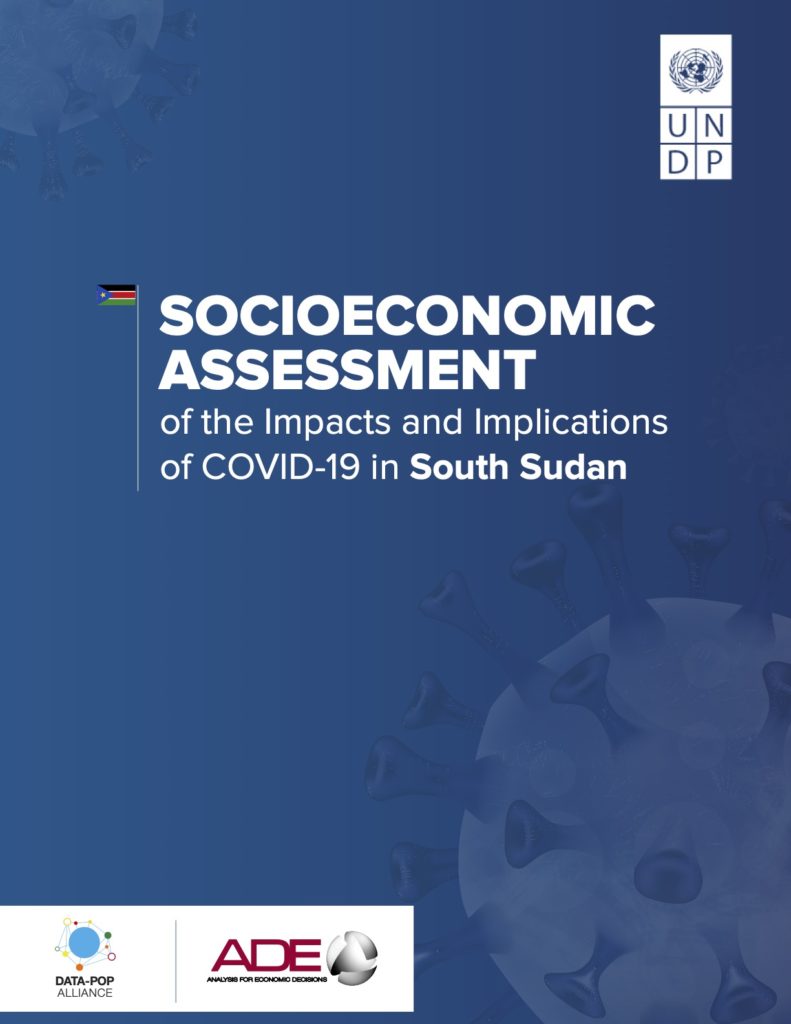
- South Sudan, Sub-Saharan Africa (SSA)
- May - June 2020
- Resilient Livelihoods and Ecosystems
With the support of the United Nations Development Programme (UNDP) and in partnership with ADE, this paper assessed both the direct and indirect effects of the pandemic in the country and identified implications for the donor community, including the UN System. First, it looked at macroeconomic and fiscal prospects, noting a dearth of options in the absence of sustained structural changes; then at the effects of COVID-19 on human development; the virus’s interplay with peacebuilding and state-building dynamics; and lastly, assessments of possible ways forward were discussed.
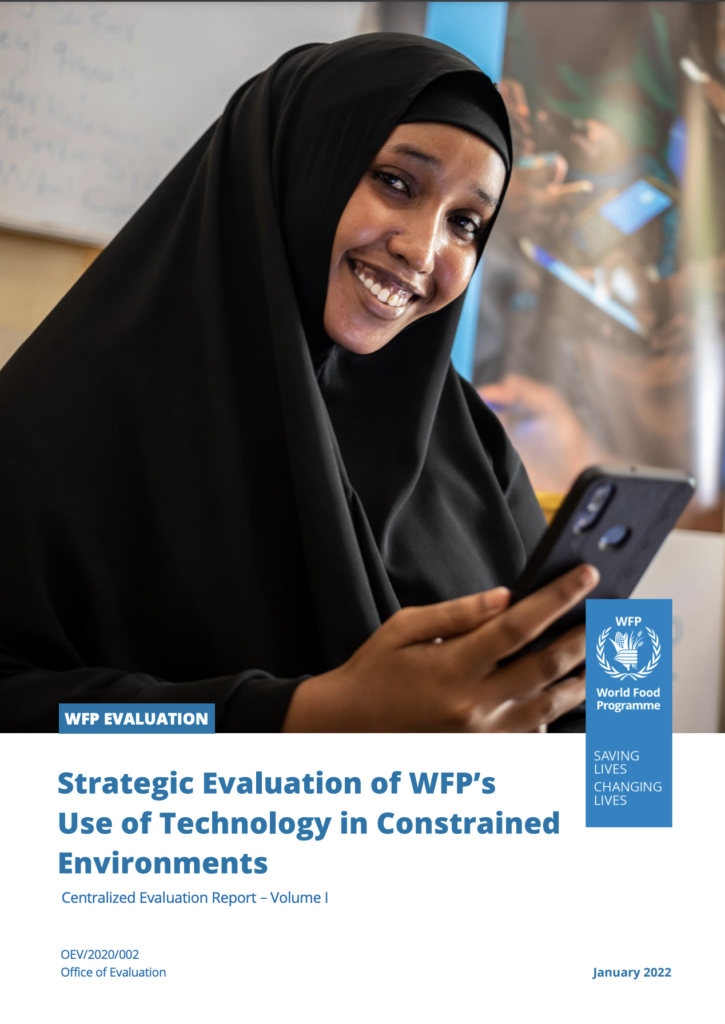
- Bangladesh, Iraq, Jordan, Middle East and North Africa (MENA), Niger, South Sudan, Sub-Saharan Africa (SSA), the Democratic Republic of the Congo
- September 2020 - February 2022
- Just Digital Transformations
This evaluation, developed in collaboration with ADE, examined the extent to which WFP effectively and efficiently deployed the most appropriate Information and Communication Technologies (ICTs), and how, why, and under which conditions the use of these technologies contributed to management and program objectives. The team designed a mixed-methods approach consistent with WFP’s proposed analytical framework and outlined the factors affecting technological innovation and diffusion. Additionally, six case studies were conducted in Jordan, Niger, Iraq, South Sudan, the Democratic Republic of the Congo, and Bangladesh.
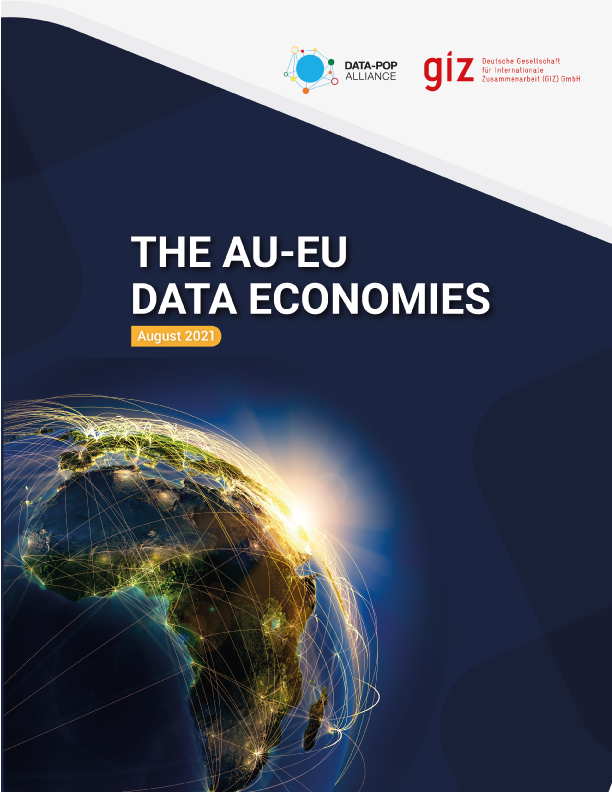
- Europe, European Union, Sub-Saharan Africa (SSA)
- April - August 2021
- Just Digital Transformations
In collaboration with the European Union and the African Union, and support from GIZ, DPA developed an overview of the Data Economy Framework between Europe and Africa in a concise report focused on the potential of the data economy in Africa, and its potential to boost the African-European data market exchange. The final report discussed the landscape of the African data economy and mapped the potential fields of common interest between the African and European Unions. The findings synthesized information from recent in-depth studies, as well as from indices on inclusive internet, affordability drivers and network readiness.
